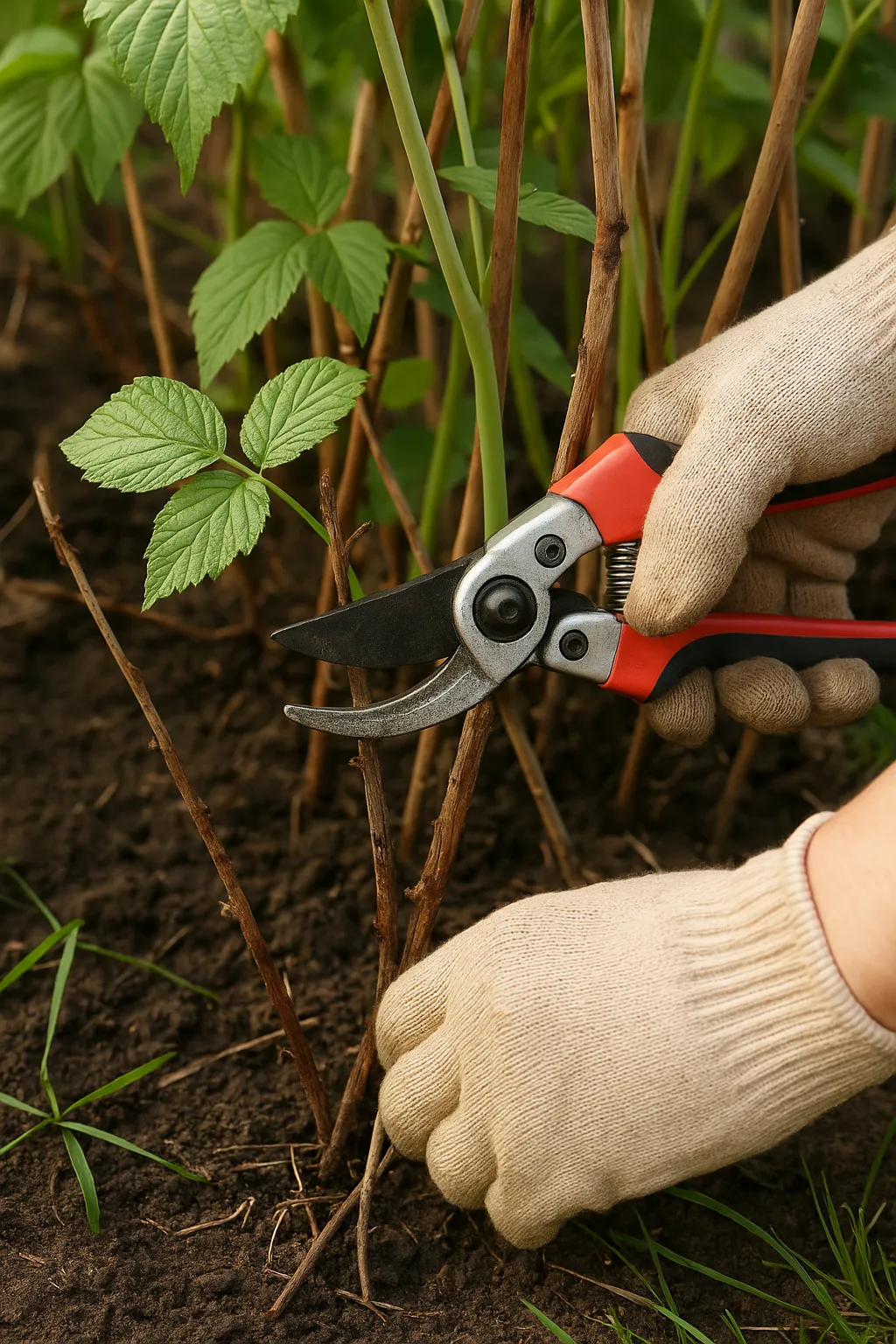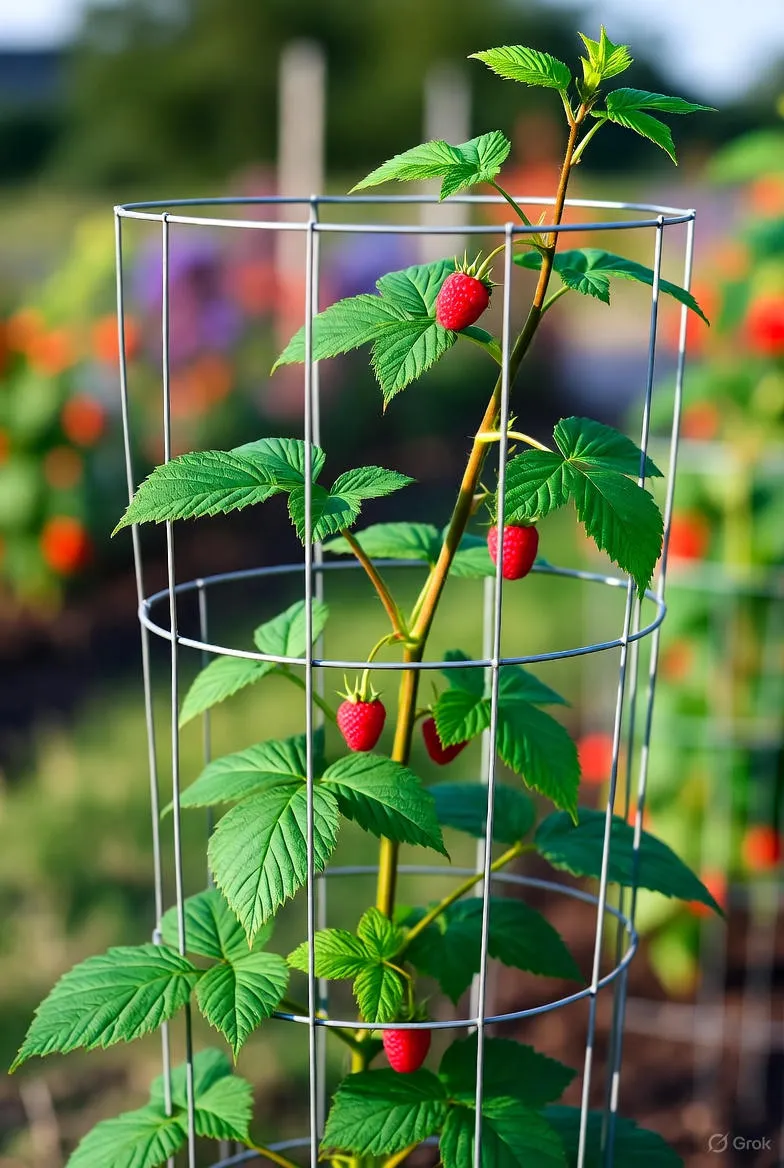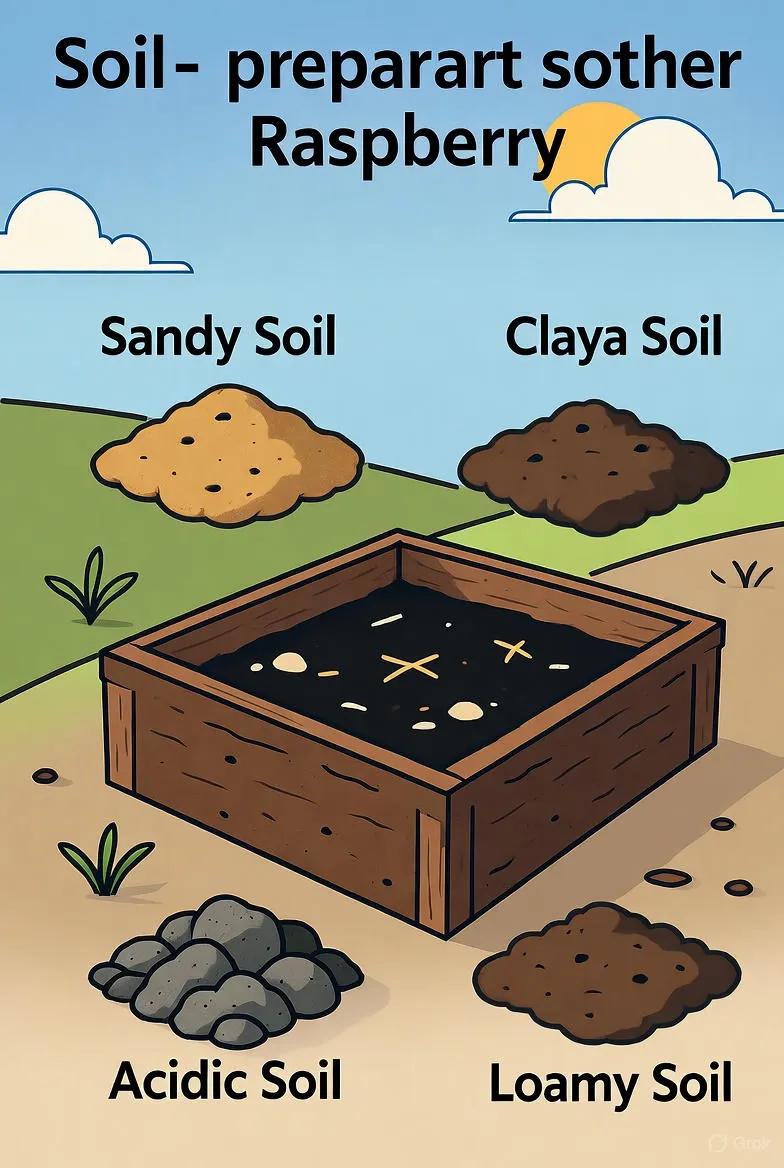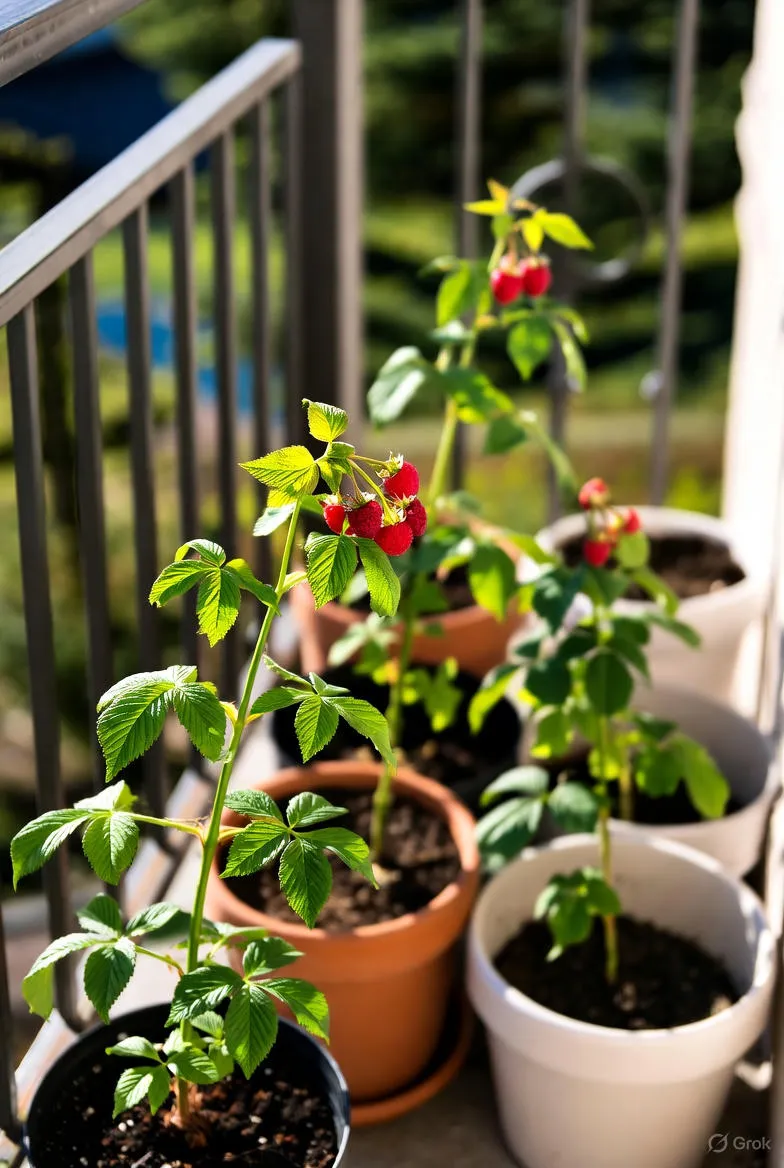Raspberry Pruning Mistakes to Avoid for a Healthy and Productive Harvest
Learn the top raspberry pruning mistakes to avoid for a healthier, more productive harvest. Discover expert tips on timing, cane management, and proper care.

Raspberries are among the most rewarding fruits to grow in a home garden. Their sweet and tangy flavor, combined with their ability to produce abundantly, makes them a favorite for many gardeners. However, one of the most crucial yet often misunderstood aspects of raspberry care is pruning. Mistakes made during pruning can lead to reduced yields, poor plant health, and even the death of canes. To ensure your raspberry patch thrives, it’s essential to understand what not to do when pruning.
1. Ignoring the Difference Between Summer and Autumn Varieties
One of the most common mistakes gardeners make is treating all raspberry plants the same. There are two main types of raspberries: summer-bearing and autumn-bearing (also called everbearing). Each requires a different pruning approach.
- Summer-bearing raspberries produce fruit on second-year canes, called floricanes. After they fruit, these canes die and must be removed to make space for new growth.
- Autumn-bearing raspberries produce fruit on first-year canes, called primocanes. These canes can be cut back completely to the ground after harvest in late autumn or early spring.
Failing to identify which type you have can result in pruning away next year’s crop entirely or leaving dead canes that invite disease.
2. Pruning at the Wrong Time
Timing is everything in raspberry care. Pruning too early or too late can severely affect plant performance.
- Too early: Cutting canes during freezing temperatures may damage new growth.
- Too late: Waiting until new buds appear can stress the plant and reduce fruiting potential.
The best time to prune depends on your variety, but generally, late winter or early spring—when the plants are still dormant—is ideal.
3. Leaving Dead Canes Standing
Old, dead canes are a breeding ground for diseases and pests. After fruiting, summer-bearing canes die off and no longer serve a purpose. Many gardeners mistakenly leave them standing, which leads to poor air circulation and encourages fungal infections such as cane blight or spur blight.
Always cut these canes to ground level using sharp, clean pruning shears. Dispose of them away from your garden to prevent reinfection.
4. Overcrowding Canes
Raspberry plants spread quickly through underground runners, and if left unchecked, they become overcrowded. This leads to poor air circulation, shading, and increased risk of disease. Overcrowded patches also produce smaller, less flavorful berries.
When pruning, thin out canes so that no more than 4–6 strong canes per foot remain. This spacing ensures that each cane receives adequate sunlight and airflow, which results in healthier plants and larger fruit.
5. Using Dull or Dirty Tools
It may seem trivial, but the tools you use matter. Pruning with dull or dirty shears can crush stems instead of making clean cuts, leaving the plant vulnerable to infection. Always use sharp, disinfected tools to make smooth cuts and minimize plant stress.
Before and after pruning, sterilize your shears with a mild bleach solution (one part bleach to nine parts water) or rubbing alcohol. This simple habit can prevent the spread of diseases from one plant to another.
6. Cutting Too Much or Too Little
Both over-pruning and under-pruning are detrimental. Cutting too much weakens the plant, while pruning too little results in overcrowded and unproductive growth.
- For summer-bearing varieties, remove only the canes that have fruited, leaving the new green canes intact.
- For autumn-bearing varieties, you can cut all canes to the ground each year for a single large autumn crop. Alternatively, leave some canes for an early summer harvest, but prune them carefully to manage growth.
Finding the right balance is key to maintaining vigor and maximizing fruit production.
7. Neglecting to Train and Support Canes
Raspberries are not naturally tidy plants—they sprawl and lean if left unsupported. Many gardeners overlook the importance of training canes onto a trellis or support system. Without structure, canes can break under the weight of fruit, and airflow becomes restricted.
Install a simple wire or post-and-rope system to keep canes upright. This not only prevents damage but also makes harvesting easier and cleaner.
8. Forgetting Post-Pruning Care
Pruning is only part of the maintenance process. After pruning, your raspberry patch needs nourishment and protection to recover and prepare for the growing season.
- Apply a layer of compost or well-rotted manure around the base of the plants.
- Mulch with straw or wood chips to retain moisture and suppress weeds.
- Inspect for any signs of pests or disease and treat them early.
Consistent post-pruning care ensures your plants remain vigorous and productive year after year.
9. Ignoring the Signs of Stress or Disease
After pruning, it’s crucial to monitor your raspberry plants for any signs of stress. Symptoms like wilting, yellowing leaves, or stunted growth can indicate over-pruning or infection entering through fresh cuts. Early detection and intervention—such as applying organic fungicides or adjusting watering—can save your plants from long-term damage.
10. Forgetting to Rejuvenate Old Patches
Even with proper pruning, raspberry patches can become less productive after several years. Every five to seven years, it’s wise to rejuvenate your patch by replanting in fresh soil and removing weak or unproductive plants. This renewal cycle prevents soil exhaustion and disease buildup, ensuring continued abundance.
Final Thoughts
Pruning raspberries correctly requires knowledge, timing, and attention to detail. Avoiding these common mistakes will reward you with healthier plants, fewer diseases, and abundant fruit. Remember: pruning is not just cutting—it’s guiding the plant’s energy toward better growth and productivity.
With careful planning and consistent care, your raspberry bushes can produce delicious, juicy berries for many seasons to come.


